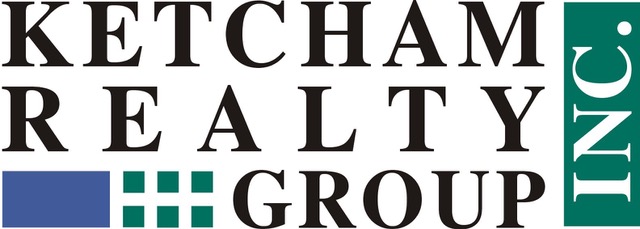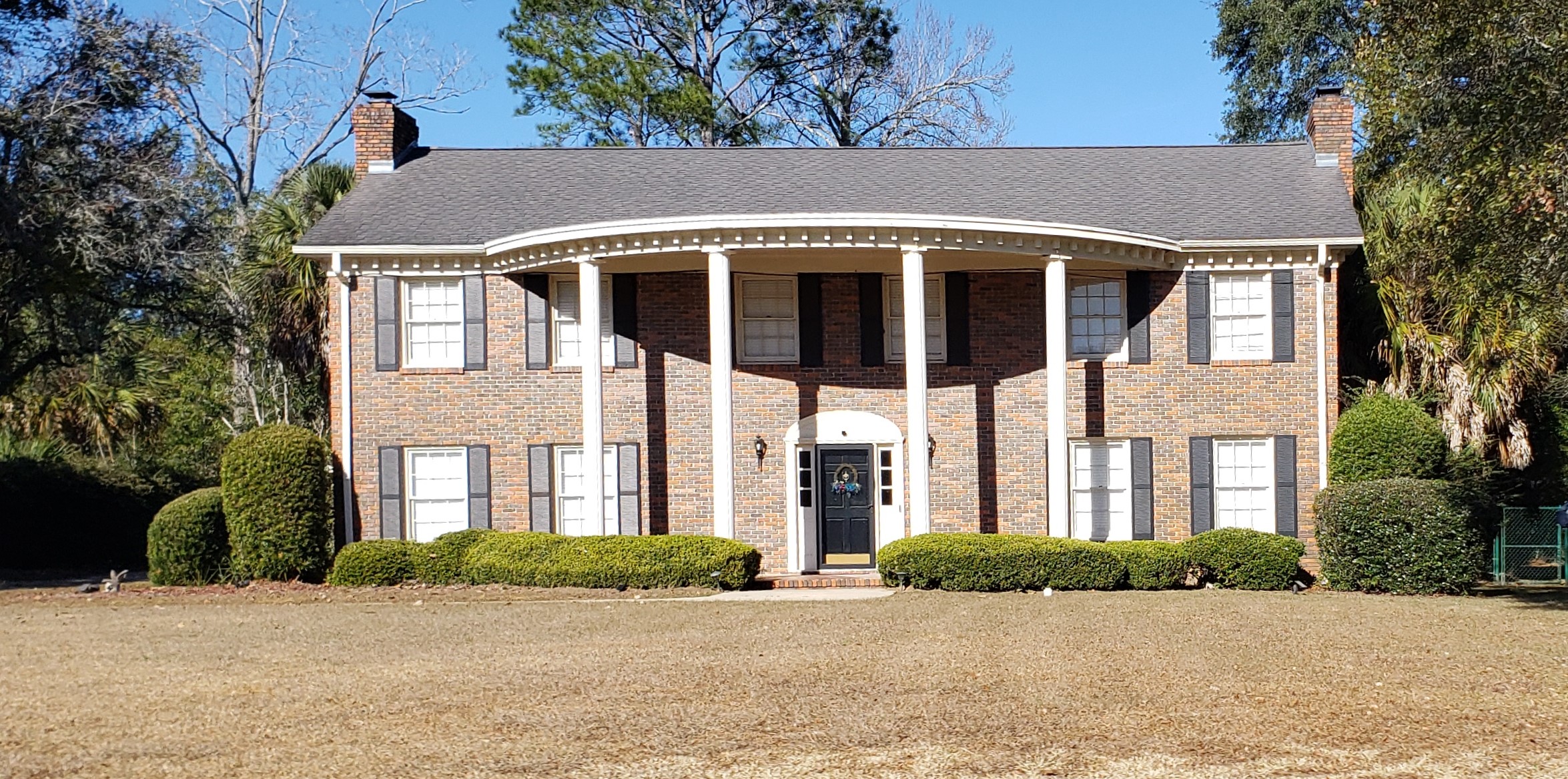Don’t Say That… How Language Impacts Home Sales
Can a listing agent’s use of descriptors shape perceptions and influence the decisions of home buyers?
Not a Realtor “Study” – This Is Real Research
As a Tallahassee listing agent with an advanced degree, I always look at what matters in our field. This time, let’s consider how words in listing descriptions will impact buyer’s perceptions of your home. Buyers, are you influenced by these descriptive words? This study, conducted by researchers and authors Kimberly R. Goodwin, Bennie D. Waller, and H. Shelton Weeks and published in the peer-reviewed Journal of Housing Research, examines this very subject.
A quick note about how they gathered this data: They used a survey to collect data from a nationwide sample of respondents. The sample size of 1,027 responses was analyzed and compared across education, income levels, and gender.
Now, let’s look at what they found in their research.
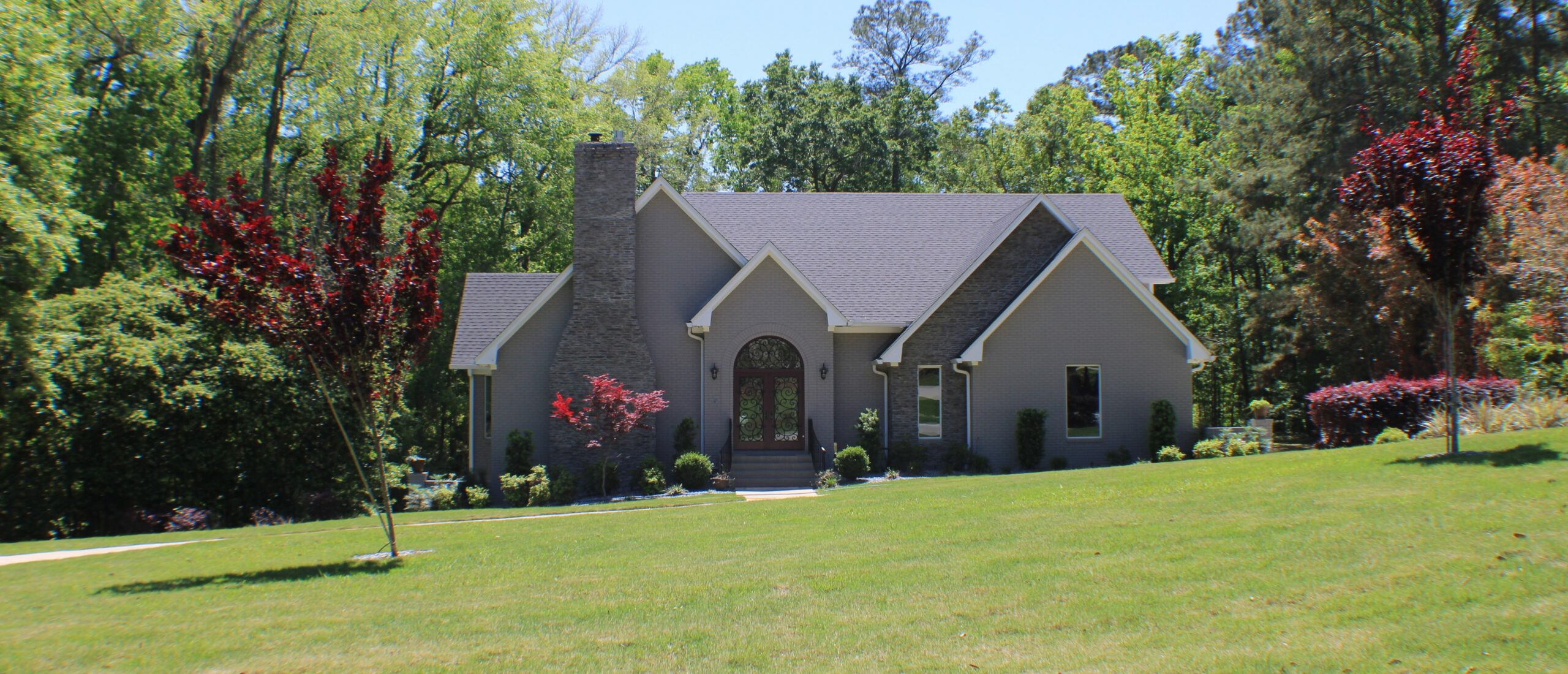

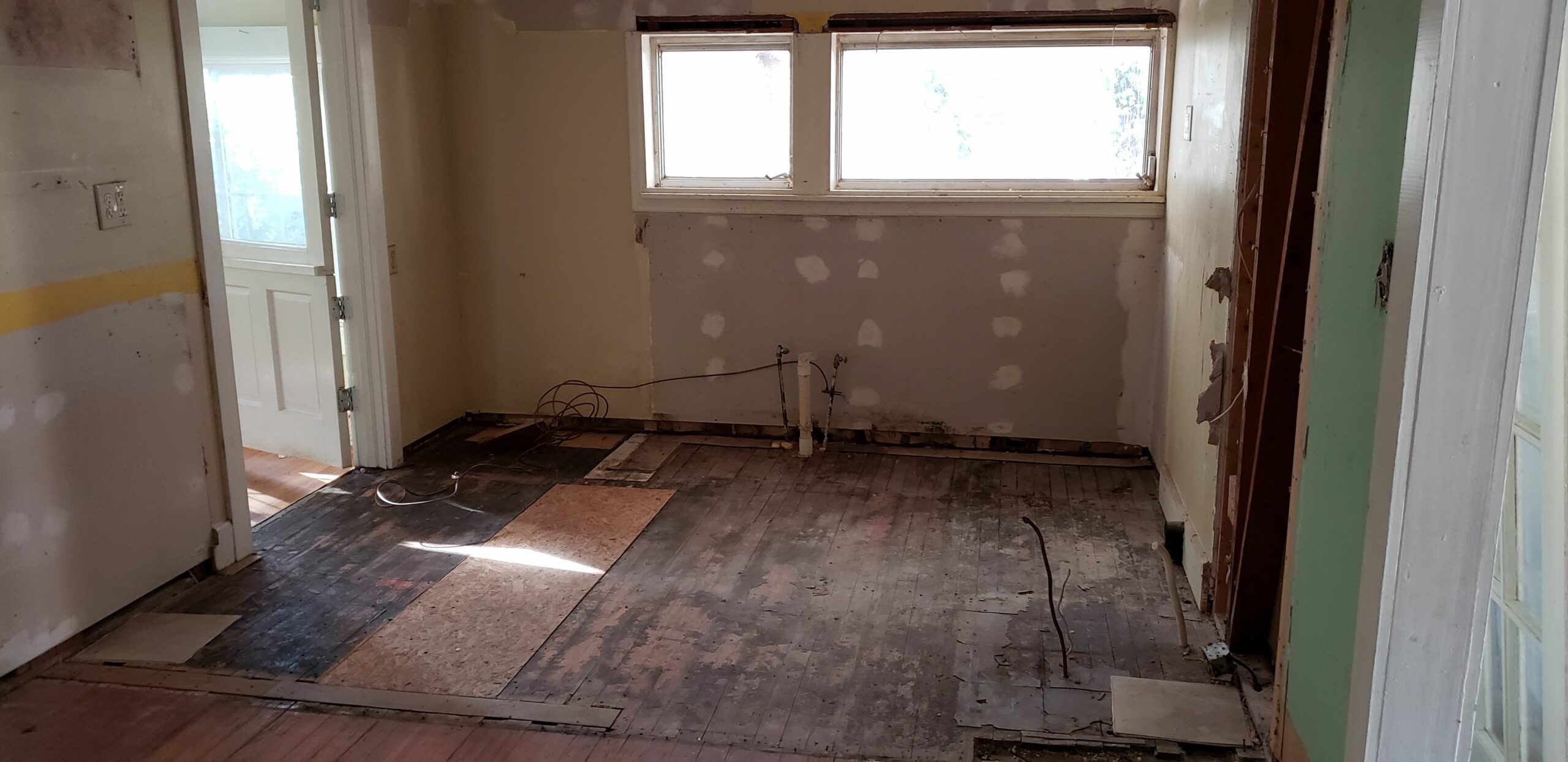
“As-Is”
The term “as-is” carries a negative connotation, with higher-income respondents viewing it less favorably than lower-income respondents. This suggests that the sellers at higher price points will want to avoid using the term “as-is” in their listing descriptions. Interestingly, respondents born in the U.S. and those fluent in languages other than English reported higher favorability ratings for “as-is”, indicating a possible correlation with language nuances.
“Charming”
The word “charming” was less favored by respondents with incomes between $100,000 and $200,000. Interestingly, the study found significant differences between respondents who had held a real estate license and those who had not. When real estate agents use the word “charming”, they often mean something is beautiful. However, the general population interprets “charming” as small or old-fashioned.
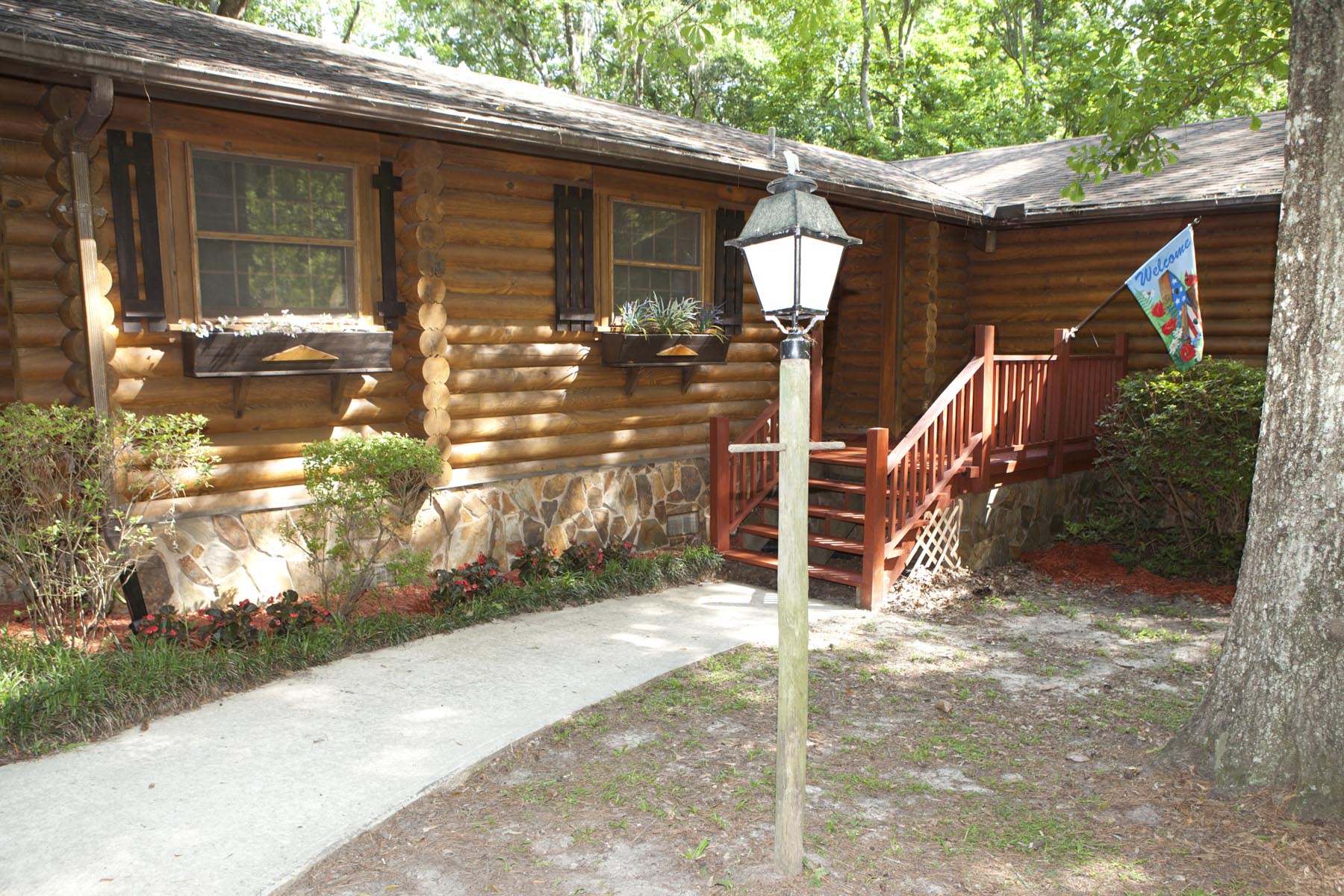
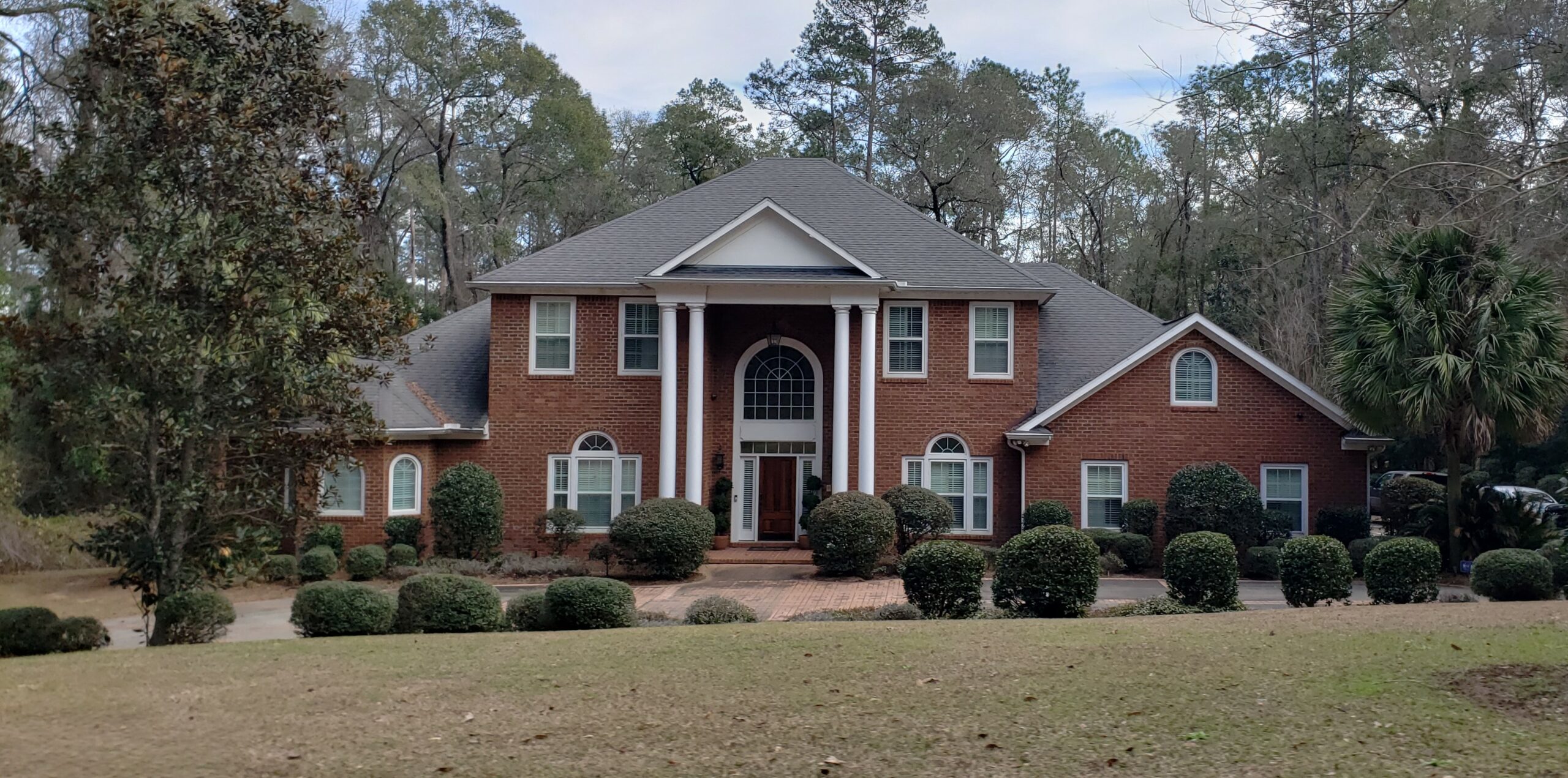
“Classic”
The descriptor “classic” appealed more to females and the highest income group (those with annual incomes above $200,000). This suggests that including “classic” in a listing for a higher-end home might increase interest.
“Cozy”
The term “cozy” was more favored by females, but its favorability decreased with higher education levels and incomes between $100,000 and $200,000. Geographic differences were also evident, with respondents in the Pacific region finding “cozy” more favorable.
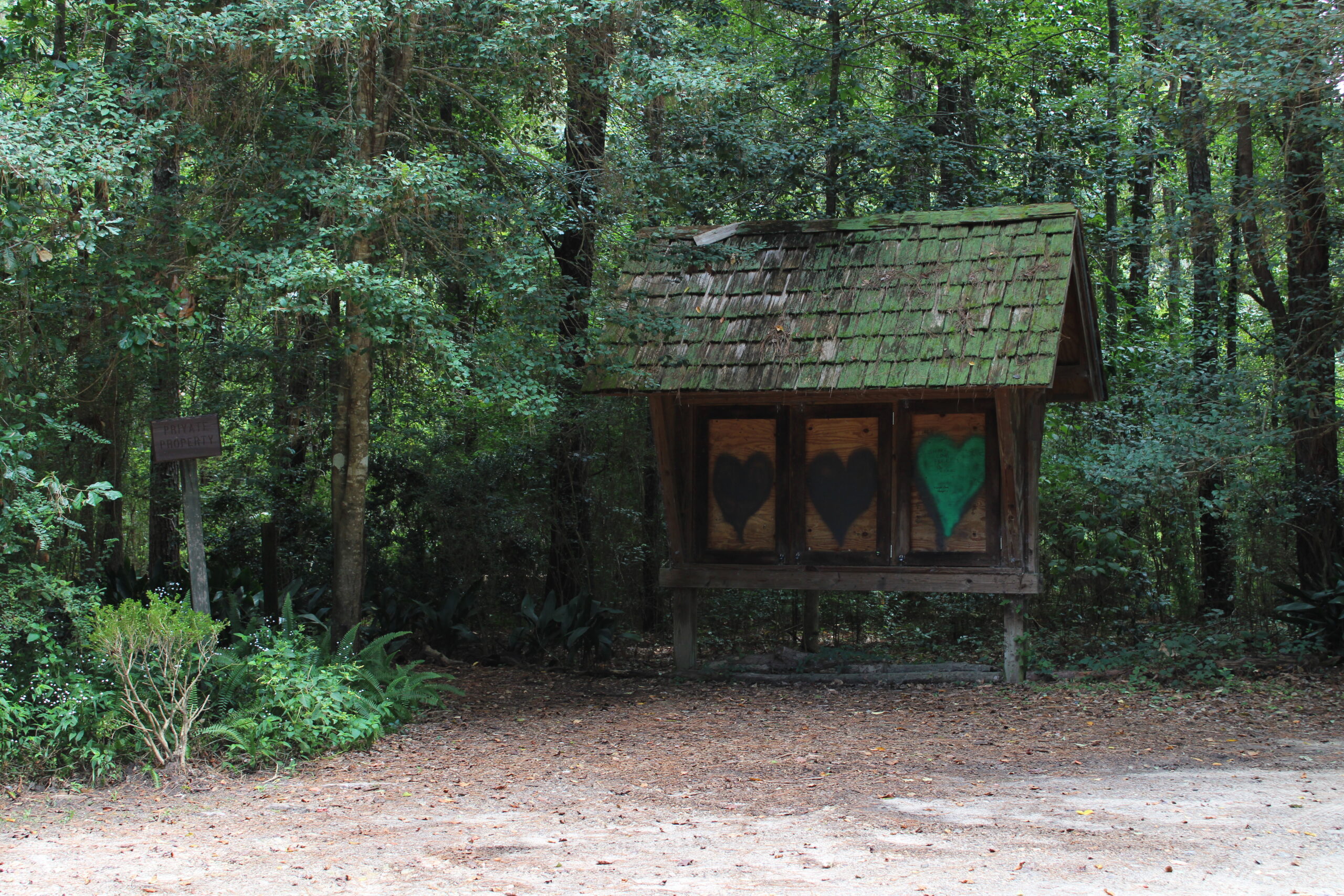
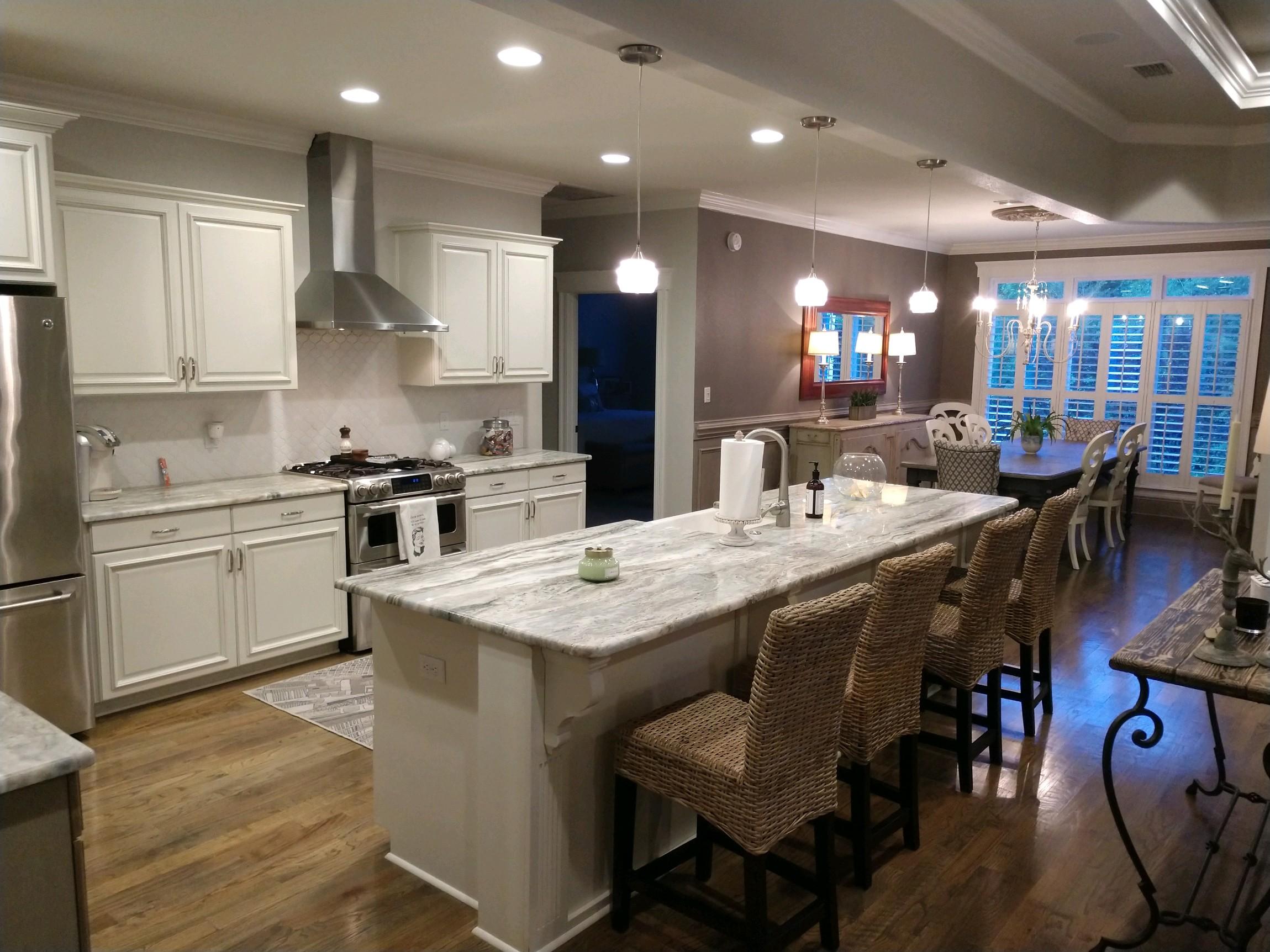
“Immaculate”
The word “immaculate” was preferred by females and generally favored more with increasing education levels. However, it was less favored by respondents with incomes between $100,000 and $200,000 and those fluent in languages other than English. Geographically, “immaculate” was more favored in New England and urban and suburban locations.
“Modern”
The word “modern” was more favored by females and higher-income respondents (incomes over $200,000). Geographically, “modern” was more favored in both New England and the Mountain region, and among urban dwellers. It appears this term is more popular with Tallahassee listing agents of new construction.
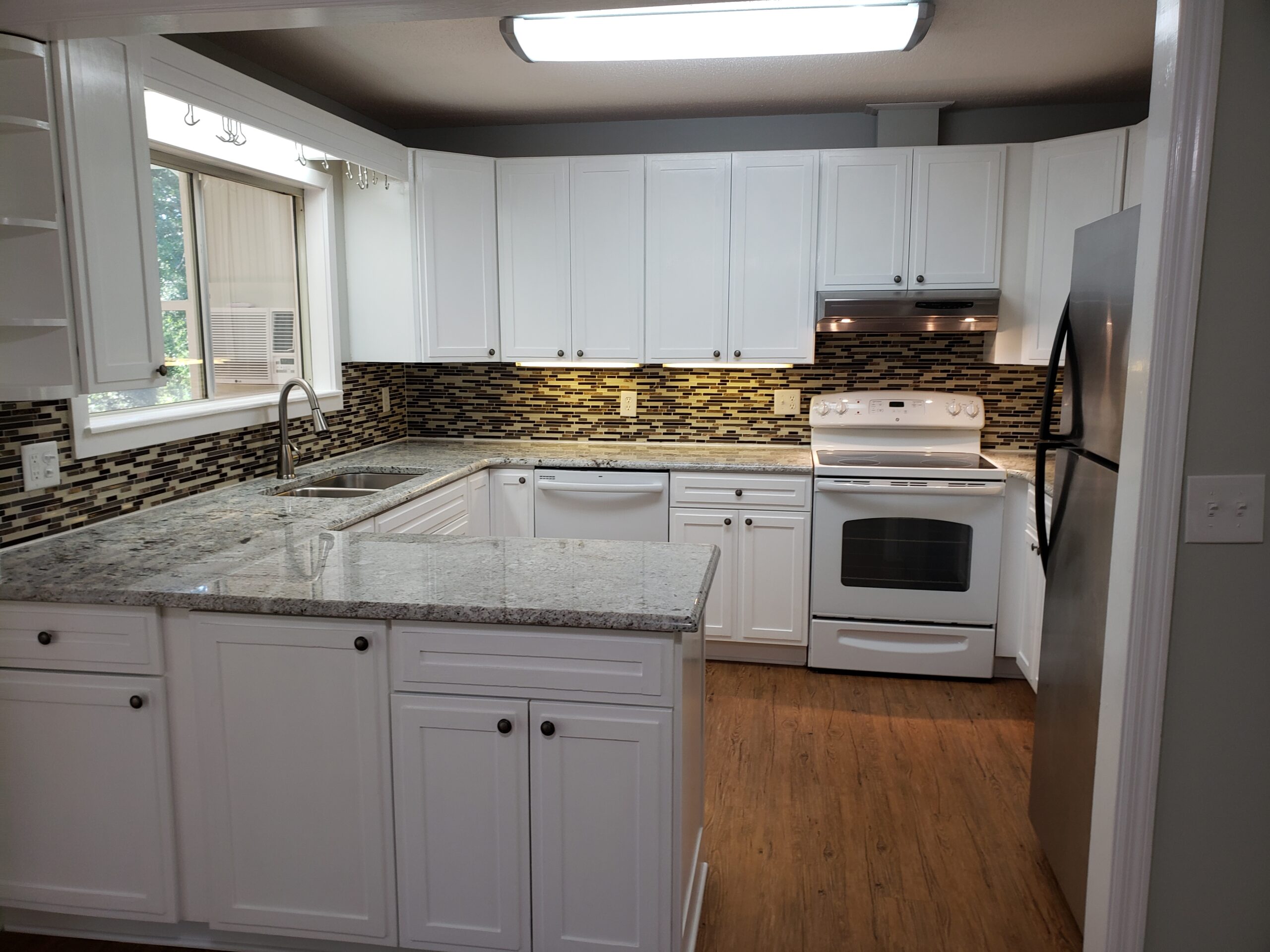
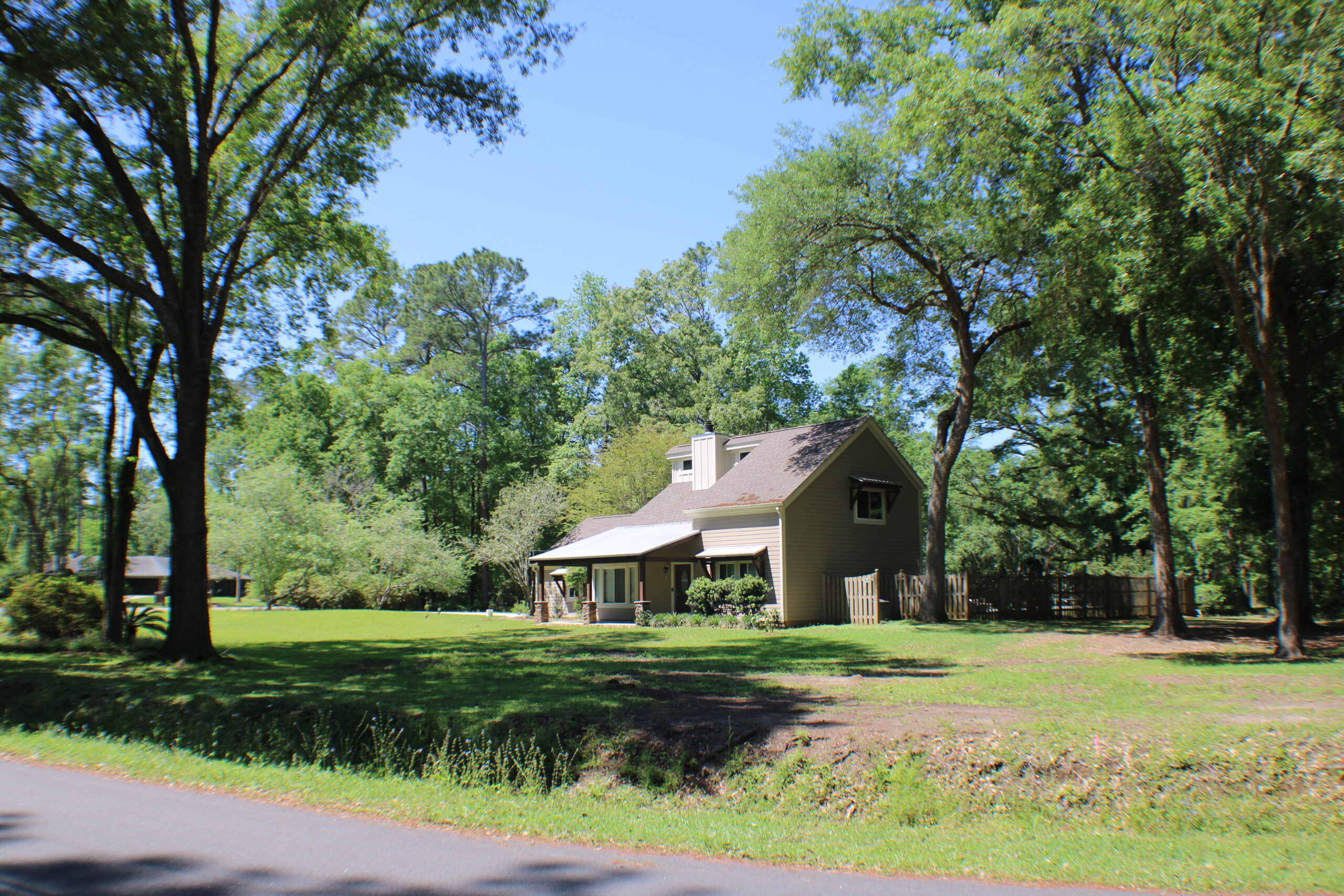
“Quaint”
The term “quaint” was favored more by females but less so with increasing education levels and incomes between $100,000 and $200,000. However, it was more favored by respondents born in the U.S., those fluent in more than one language, and those living in rural, urban, and suburban areas.
“Quiet”
The word “quiet” was more favored by females and respondents living in urban and suburban areas than male respondents and rural respondents. Geographically, it was more favored in the Pacific and Mountain regions.
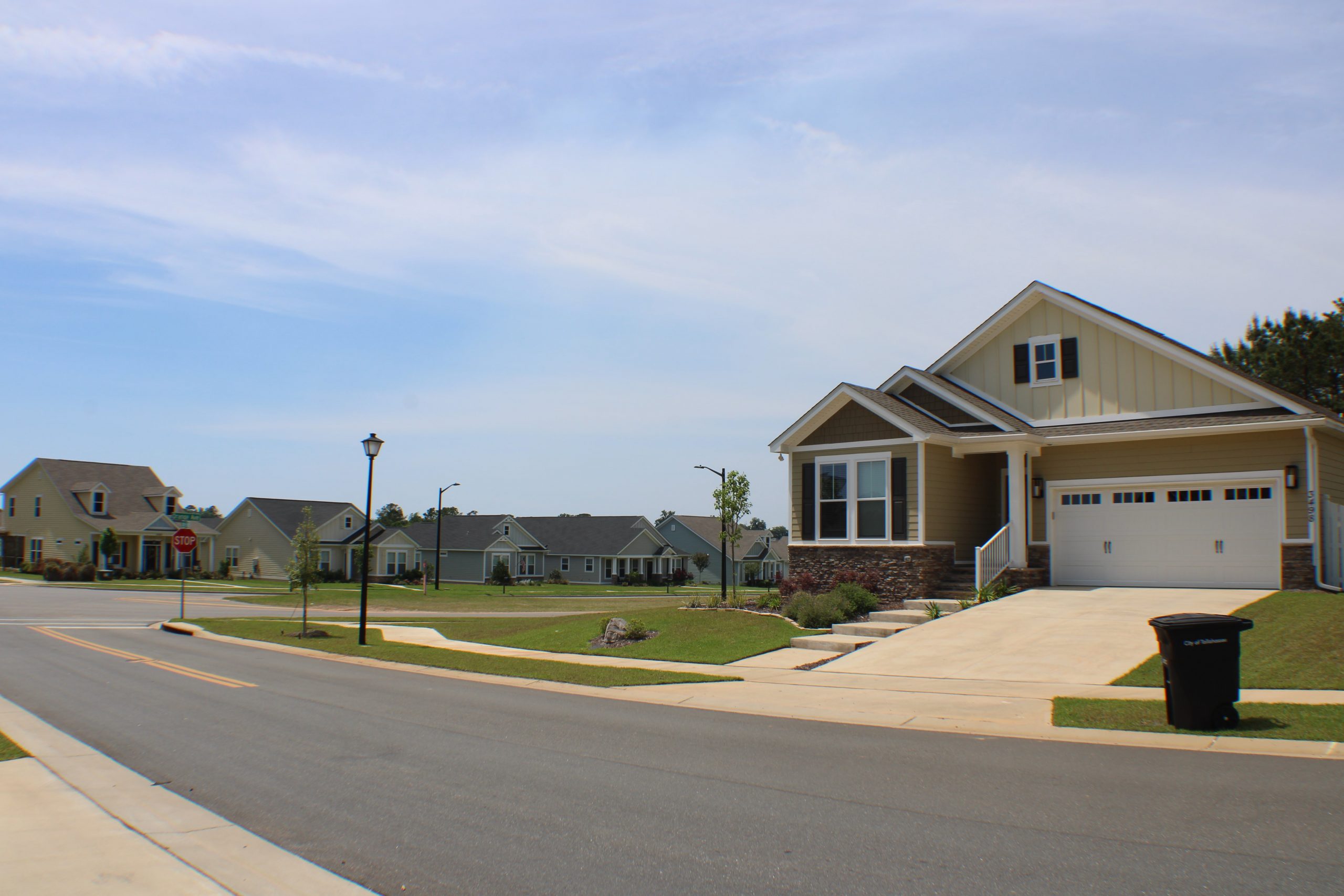
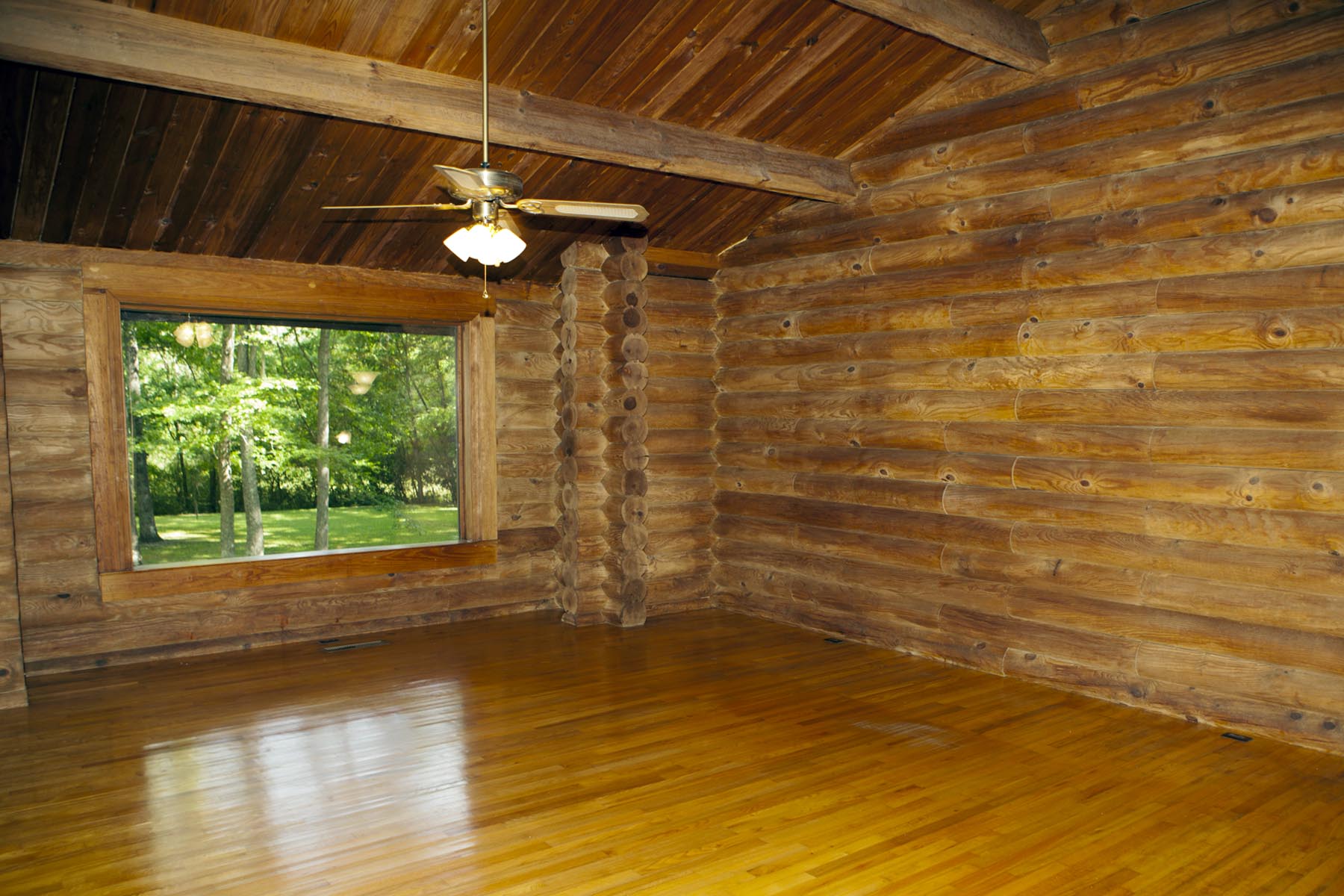
“Rustic”
The term “rustic” was less favored by respondents holding a master’s degree and those earning between $100,000 and $200,000 annually. However, it was more favored by those living in rural areas. There are a handful of log cabins in the Tallahassee area located in luxury neighborhoods. This study may shed light on why they spend more time on the market than their neighbors.
“Secluded”
As a Tallahassee listing agent, I have used this word many times. The word “secluded” was more favored by respondents born in the U.S., those living in rural areas, and those who have held a real estate license or owned a home. Geographically, it was more favored in the South Atlantic and Pacific regions. This is a word I have heard from many Tallahassee buyers looking for a neighborhood with more space than the new construction subdivisions provide.
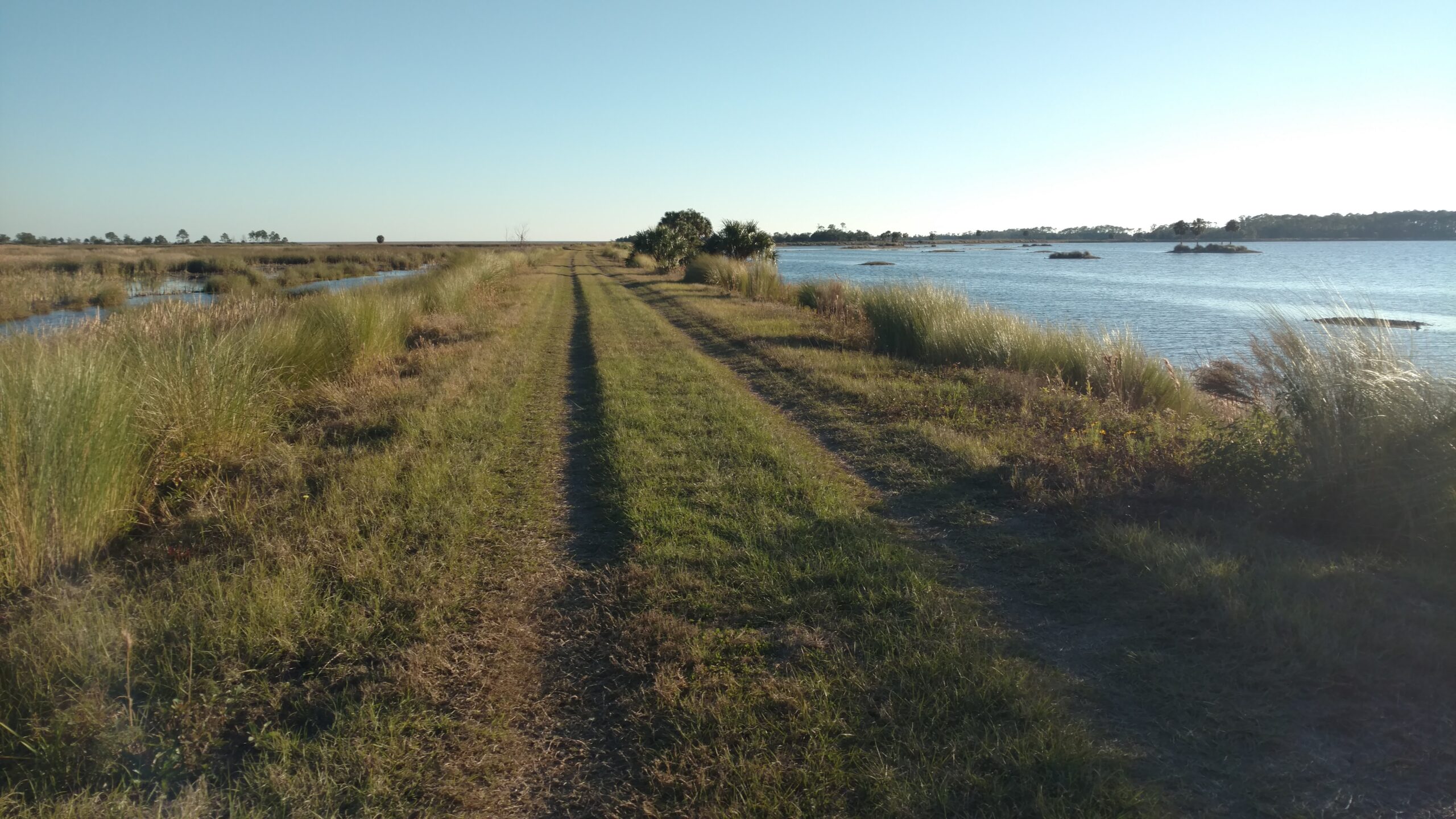
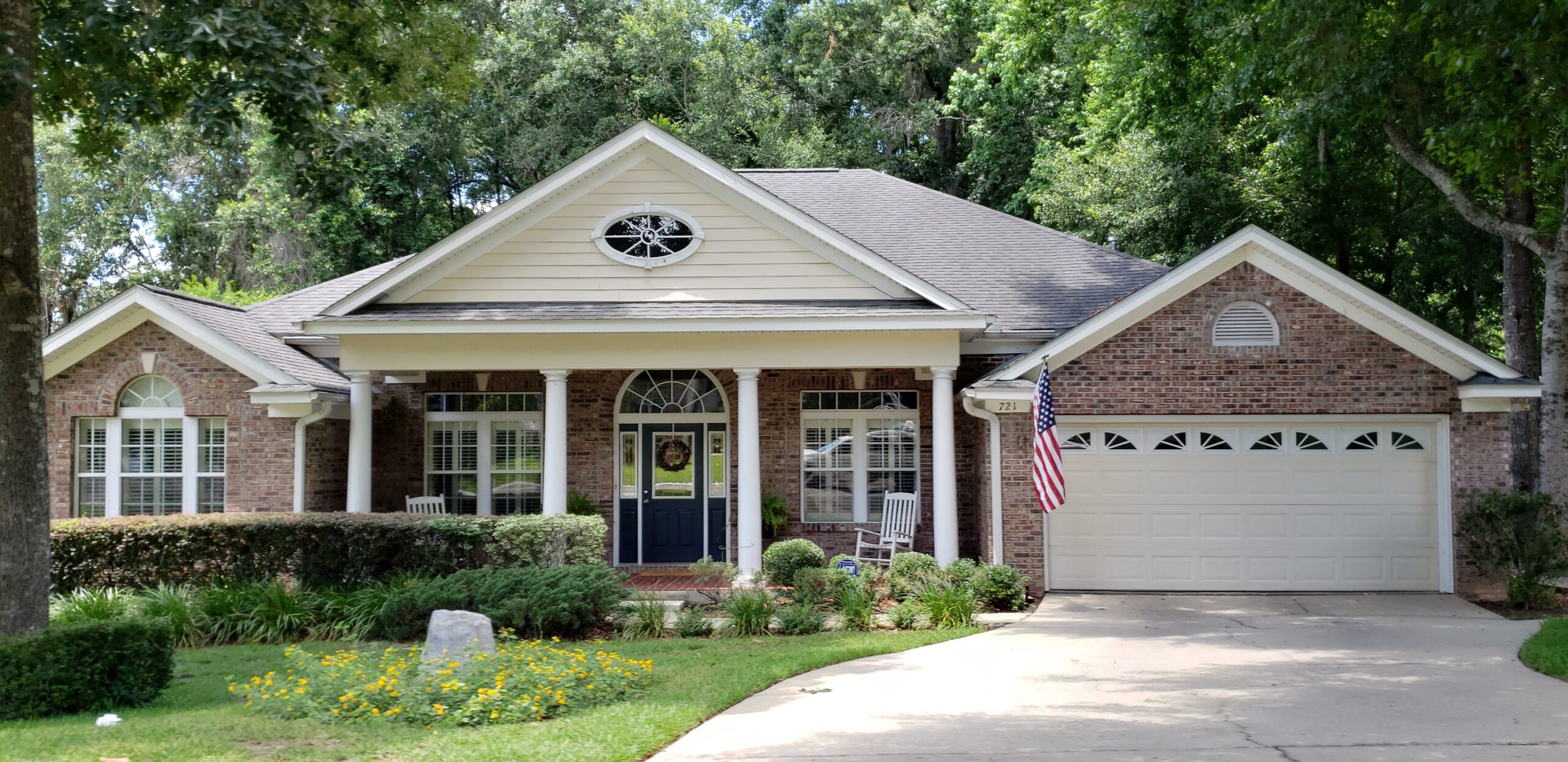
“Cute”
Interestingly, here is another word where the researchers found significant differences between respondents who had held a real estate license and those who had not. Real estate agents use the word “cute” to mean welcoming, but the general population interprets “cute” in real estate to mean small or feminine.
Tallahassee Listing Agent
As a Realtor and listing agent in the Tallahassee area, I know compelling property descriptions resonate with the target demographic. The power of words in real estate is profound, influencing perceptions, shaping decisions, and, ultimately, driving Tallahassee seller proceeds. Next time you sell your home, consider hiring a Realtor who studies language.
